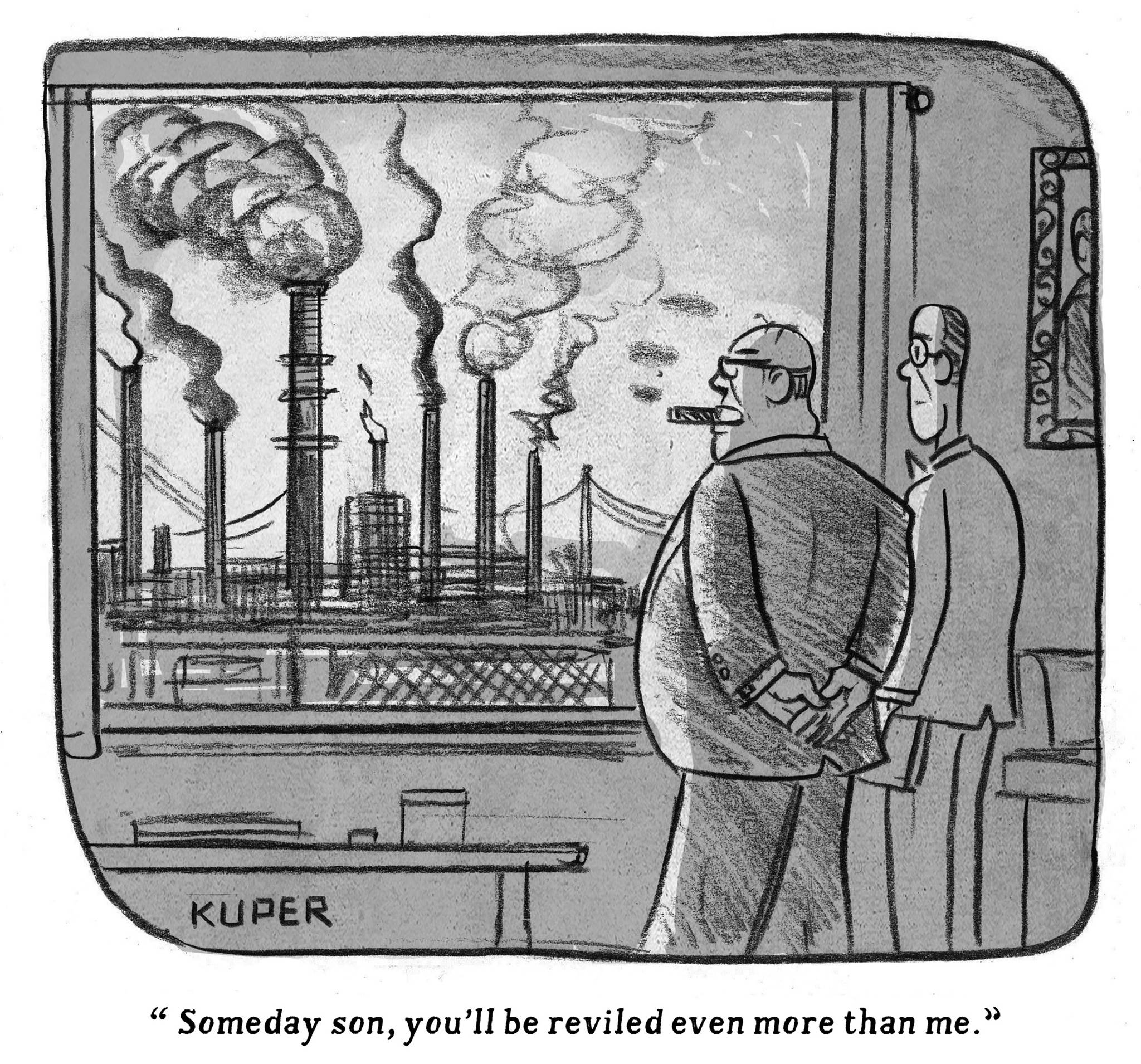The Columbian
The U.S. Supreme Court’s decision not to decide is a victory for the environment, Washington’s state sovereignty and the future of a green economy.
The justices on Monday, June 28, declined to hear a case brought against our state by Wyoming and Montana. Those coal-producing states argued that Washington violated the Commerce Clause of the U.S. Constitution by refusing permits for the construction of a coal terminal in Longview.
The proposed Millennium Bulk Terminals facility would have been the largest coal transfer site in North America and would have placed coal on ships for transport to Asia. Wyoming and Montana officials argued that a denial of necessary permits unfairly targeted coal-producing states and the U.S. Supreme Court was their only recourse.
“This is an important project that must be allowed to move forward,” U.S. Rep. Liz Cheney, R-Wyo., said last month. “Washington’s policy objection — which is rooted in their radical environmental beliefs rather than the facts — is not an excuse for ignoring the law and infringing on the rights of Wyoming and our state’s energy producers.”
The absurdity of that statement encapsulates the continuing debate over reducing the burning of fossil fuels. And the decision of the Supreme Court to not hear the case reinforces the right of Washington — and any other state — to decide which kind of industries it chooses to promote in its state.
Washington long has been moving away from fossil fuels out of environmental concerns, including their impact on climate change. Refusing permits for a coal terminal did not intentionally target Wyoming and Montana; it fit with an ethos our state established long before the Millennium Bulk Terminals proposal.
As Robert Percival, an environmental law professor at the University of Maryland, explained for the Associated Press, the Commerce Clause prohibits states from barring goods and services based on their state of origin, but states may regulate or prohibit certain goods and services so long as they do not intentionally target a particular state.
In other words, Washington would not welcome a fossil fuel terminal regardless of where the coal originated — a fact that makes the action constitutional. In 2018, for example, the Port of Vancouver rejected a proposed oil terminal after five years of public debate and a lengthy state regulatory process.
Record-high temperatures this week — it reached 115 degrees on June 28 in Vancouver — have further highlighted the need to address climate change. And they have served as a reminder that a vast majority of climate scientists have found that the burning of fossil fuels contributes to that change.
But reciting the science will not convince states, such as Wyoming, that change is necessary. Mining is Wyoming’s leading industry, and 40 percent of the nation’s coal production comes from there. State leaders this year approved a bill creating a $1.2 million fund for suing states that block coal imports and cause Wyoming’s coal-fired plants to shut down.
That act of desperation in the face of a growing movement away from coal demonstrates the need for federal support. President Joe Biden’s American Jobs Plan proposes to invest $16 billion to put thousands of people to work plugging oil and gas wells and restoring and reclaiming abandoned coal mines. And various initiatives would make investments in a green economy.
Such change is never easy. But Wyoming, Montana and other states would be wise to embrace such investments rather than asking the courts to prop up a dying industry.
The Columbian is a family-owned newspaper based in Vancouver, Washington.


